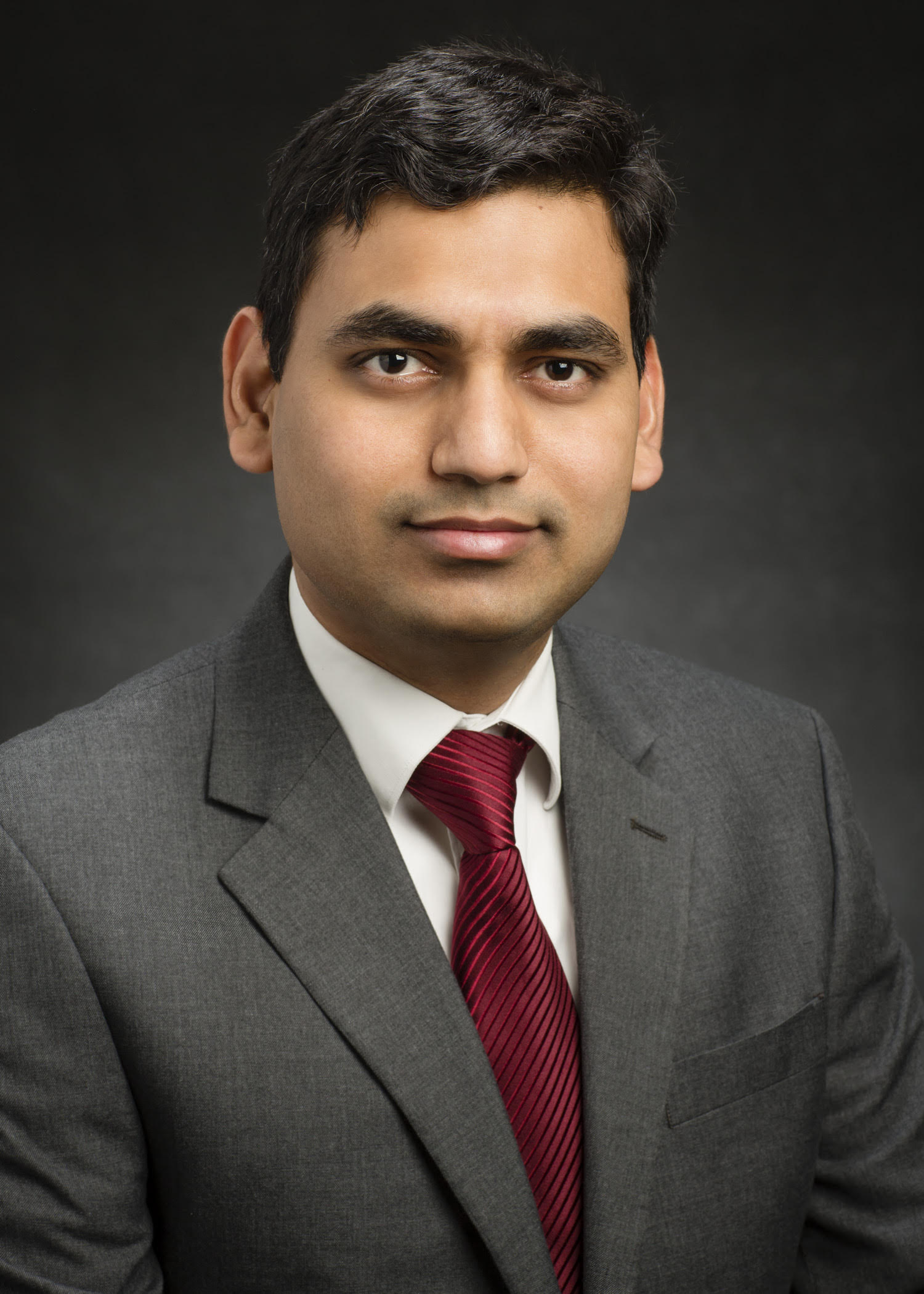
- This event has passed.
CBE Seminar: “Evolution of the Conformational-free Energy Landscapes of Proteins”
September 18, 2019 at 3:00 PM - 4:00 PM
Abstract:
One of the holy grails of drug-design is to obtain high-selectivity binding of a drug to the target protein, an extremely challenging endeavor for proteins that share high sequence and structural similarity. We investigate several systems of high biological importance to elucidate how selectivity emerged during evolution and how it can inform the design of selective drugs. In particular, we investigate three protein families, i.e. human protein kinases, receptors for plant hormone, and strigolactone and SWEET transporters. These proteins show several orders of magnitude difference in their ligand affinity, but share high sequence and structural similarity. This task involves understanding the structure-function relationship of proteins during evolution using advanced computational methods. We show how evolution-based methods such as the combination of reinforcement learning-based adaptive sampling and evolutionary couplings developed in our group could help simulate rare conformational change processes in proteins. In this talk, we will not only demonstrate the utility of these new techniques to address a key challenge of understanding evolution of ligand perception, but also the need, feasibility and impact of computational evolutionary biophysics in understanding the fundamental questions in biology.

Diwakar Shukla, PhD
Blue Waters Assistant Professor of Chemical and Biomolecular Engineering, University of Illinois at Urbana-Champaign
Diwakar Shukla is a Blue Waters Assistant Professor in the Department of Chemical and Biomolecular Engineering at University of Illinois at Urbana-Champaign. He is also an affiliate faculty in the Center for Biophysics and Quantitative Biology, Computational Science & Engineering Program, Department of Plant Biology and NIH Center for Macromolecular Modeling & Bioinformatics. His research work is focused on understanding the complex biological processes using novel physics-based models and techniques. He started his research career at the Indian Institute of Technology (IIT) Bombay, India, where he received B. Tech and M. Tech. degrees in chemical engineering. He then joined the Massachusetts Institute of Technology where he received M.S. and Ph.D. degrees in chemical engineering for his work on solution biochemistry with Prof. Bernhardt Trout. Before joining Illinois, he worked with Prof. Vijay Pande at Stanford University on developing distributed computing approaches for understanding protein dynamics. In his independent career, he has received several awards for his research and teaching, including the NSF Early Career Award, OpenEye Outstanding Junior Faculty Award in Computational Chemistry from ACS, CoMSEF Young Investigator Award from AIChE, a Sloan Research Fellowship, the New Innovator Award in Food & Agriculture Research, Excellence in Teaching Award and the Outstanding Advising Award from the University of Illinois.
